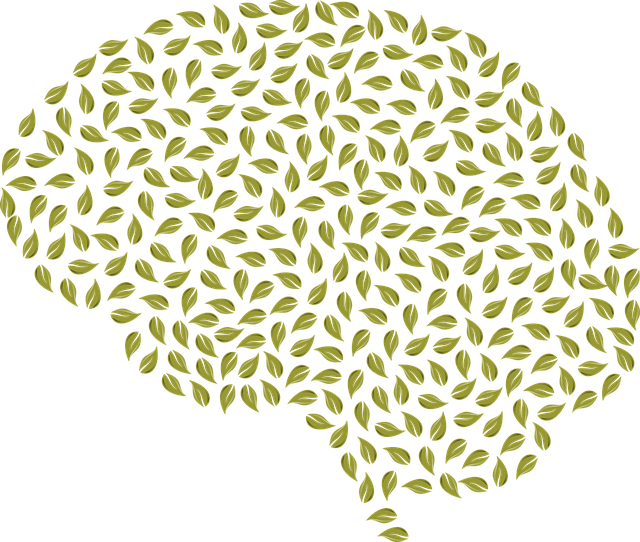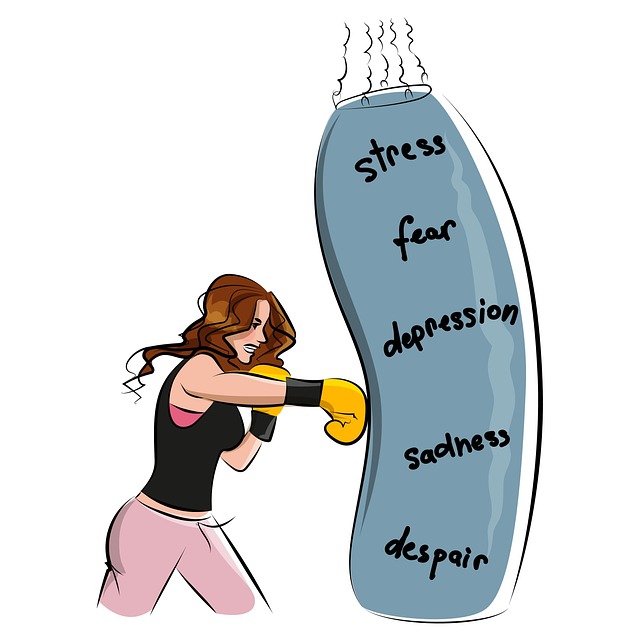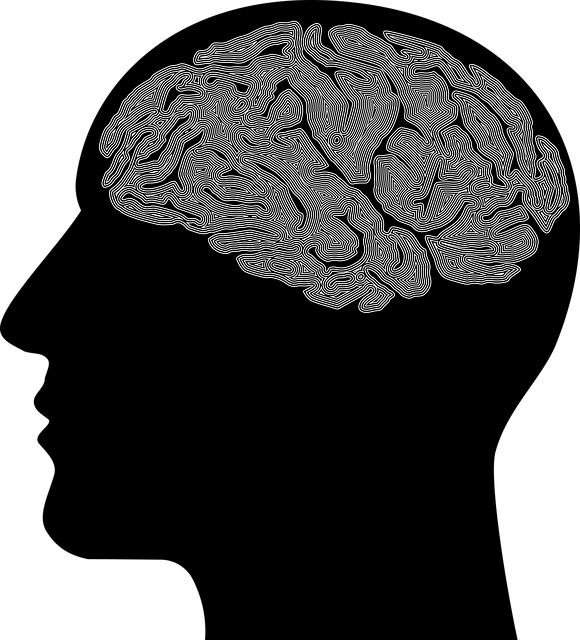Englewood Adolescent and Teen Therapy offers a comprehensive, holistic approach to support young individuals' mental wellness during crucial developmental stages. Through evidence-based therapeutic methods, including Cognitive Behavioral Therapy (CBT) and Mindfulness-Based Interventions, the program equips teens with essential life skills, enhances emotional regulation, and reduces mental health stigma. By setting measurable KPIs, tracking engagement rates, and gathering client feedback, Englewood Adolescent and Teen Therapy continuously improves its services, fostering a safe, inclusive environment that empowers adolescents to take charge of their well-being.
The effectiveness of mental wellness programs, like the Englewood Adolescent and Teen Therapy Program, heavily relies on robust evaluation methods. This article explores strategic approaches to gauge the program’s success, focusing on understanding defined goals, employing diverse data collection techniques, and identifying key performance indicators (KPIs). By analyzing these aspects, we uncover valuable insights driving continuous improvement strategies within the context of the Englewood Adolescent and Teen Therapy Program.
- Understanding Englewood Adolescent and Teen Therapy Program Goals
- Data Collection Techniques for Comprehensive Evaluation
- Key Performance Indicators (KPIs) in Mental Wellness Programs
- Feedback Mechanisms and Continuous Improvement Strategies
Understanding Englewood Adolescent and Teen Therapy Program Goals

The Englewood Adolescent and Teen Therapy Program is designed to holistically address the unique challenges faced by young individuals in their developmental stages. The primary goals are to enhance overall mental wellness, promote resilience, and foster healthy coping mechanisms. Through a multi-faceted approach, this program aims to equip adolescents with essential life skills, focusing on both social and emotional aspects. Social Skills Training is integrated into the curriculum to improve peer interactions and build a supportive network, fostering better relationships and communication.
Emotional Healing Processes are central to the therapy, helping teenagers navigate and understand their feelings. This involves creating a safe space for expression and encouraging healthy emotional regulation strategies. Additionally, Mental Health Education Programs Design plays a crucial role in raising awareness about mental health, reducing stigma, and empowering adolescents to take charge of their well-being.
Data Collection Techniques for Comprehensive Evaluation

Key Performance Indicators (KPIs) in Mental Wellness Programs

Evaluating mental wellness programs requires a strategic approach, and one of the critical components is establishing relevant Key Performance Indicators (KPIs). These KPIs serve as metrics to measure the success and impact of interventions aimed at improving adolescent and teen mental health, such as those offered by Englewood Adolescent and Teen Therapy. By defining specific and measurable goals, programs can track progress and make data-driven adjustments. For instance, a key KPI could be the reduction in anxiety or depression symptoms among participants over a defined period. This might be measured through standardized assessment tools, providing tangible evidence of the program’s effectiveness.
Additionally, KPIs should encompass not only clinical outcomes but also participant engagement and satisfaction. Metrics like attendance rates, completion of program modules, and feedback from adolescents and their families can offer insights into the program’s appeal and success in fostering mental health awareness and confidence boosting strategies. This holistic approach ensures that the Mental Health Education Programs Design is not only impactful clinically but also tailored to meet the needs and preferences of the target population.
Feedback Mechanisms and Continuous Improvement Strategies

Effective mental wellness program evaluation involves robust feedback mechanisms that capture client experiences and perspectives. At Englewood Adolescent and Teen Therapy, we prioritize open communication channels, including surveys, individual interviews, and focus groups, to gather insights on the impact of our programs. This continuous feedback loop allows for the identification of areas needing enhancement, ensuring that our services remain relevant and tailored to the evolving needs of our young clients.
Continuous improvement strategies are integral to our approach, driving us to integrate innovative techniques and incorporate best practices from evidence-based therapies like Cognitive Behavioral Therapy (CBT) and Mindfulness-Based Interventions. By fostering Emotional Intelligence through self-care practices and promoting Cultural Sensitivity in Mental Healthcare Practice, we create a safe and inclusive environment that empowers adolescents to navigate their mental health journeys effectively.
The evaluation of mental wellness programs, such as the Englewood Adolescent and Teen Therapy, is a multifaceted process that leverages various data collection techniques and performance indicators. By implementing key strategies outlined in this article—from understanding program goals to employing comprehensive KPIs and establishing robust feedback mechanisms—mental health professionals can ensure the effectiveness and continuous improvement of initiatives like the Englewood Adolescent and Teen Therapy Program. These methods foster a holistic approach, enabling better support for young individuals’ mental wellness.














